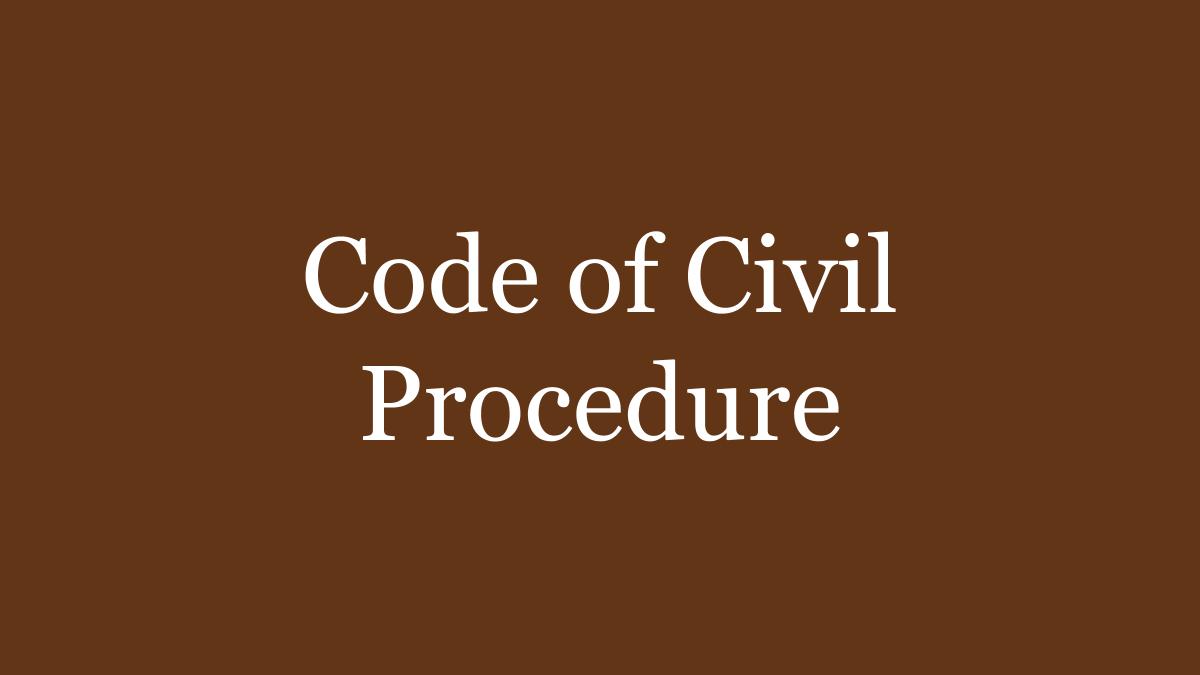Merely having a just or valid claim or a prima facie case will not entitle the plaintiff to an order of attachment before the, unless it is established that the defendant was attempting to remove or dispose of his assets with the intention of defeating the decree that may be passed. The High Court bench consisting of J. Vibhu Bakhru elaborated upon the object of Order 38 Rule 5 of CPC in the matter of Beigh Construction Company Private Limited v. Varaha Infra Limited [O.M.P.(I) (COMM.) 372/2020 & I.A. 207/2021].
The respondent was awarded a contract for executing an Engineering, Procurement and Construction Contract (EPC Contract) by the Maharashtra State Road Development Corporation (MSRDC). The present petition arose out of a dispute arising between the parties in connection with a Memorandum of Understanding whereby the respondents had agreed to sub-contract the execution of the EPC to the petitioner. In terms of the Agreement, it was agreed that the petitioner would execute the EPC Contract and the entire amount received from the employer (MSDRC) would be deposited in an escrow account. The petitioner would be entitled to 99% and the respondent would be entitled to 1%.
The petitioner’s grievance was that the terms of the Agreement were not being complied with and that the petitioner had not received 99% of the amount disbursed by the MASDRC. The petitioner alleged that the respondent had illegally and in breach of its obligations, retained substantial portion of the same. The learned counsel for the respondent argued that the agreement was terminated and this was also communicated the MSDRC. The counsel referred to a letter issued by MSRDC alleging that the progress of the works was slow and was being done in a haphazard and unplanned manner. The counsel for the petitioner countered that the petitioner was seeking its share for work executed before the termination of the contract and not after.
At the outset, the HC noted that the petitioner had not taken any steps for the constitution of the Arbitral Tribunal and had not yet issued any letter invoking the arbitration clause under the Agreement. Relying on Raman Tech & Process Engineering Co. and Anr. v. Solanki Traders [(2008) 2 SCC 302], the court found that there are “twin conditions that are required to be satisfied before issuing any directions in terms of Order XXXVIII Rule 5 of the CPC. First, that the plaintiff must establish a strong prima facie case; and second, that the court is prima facie satisfied that the defendant is acting in a manner so as to defeat the realisation of the decree that may be passed”. The court further added that “It is seen that the present petition does not contain any averments to the effect that the respondent is acting in the manner so as to frustrate an award that may be made by made in favour of the petitioner. There are neither any averments to the said effect nor any material placed on record that would, prima facie, satisfy the Court in this regard”. Hence, the petition was dismissed although not precluding the petitioner from moving an appropriate application before the Arbitral Tribunal.


